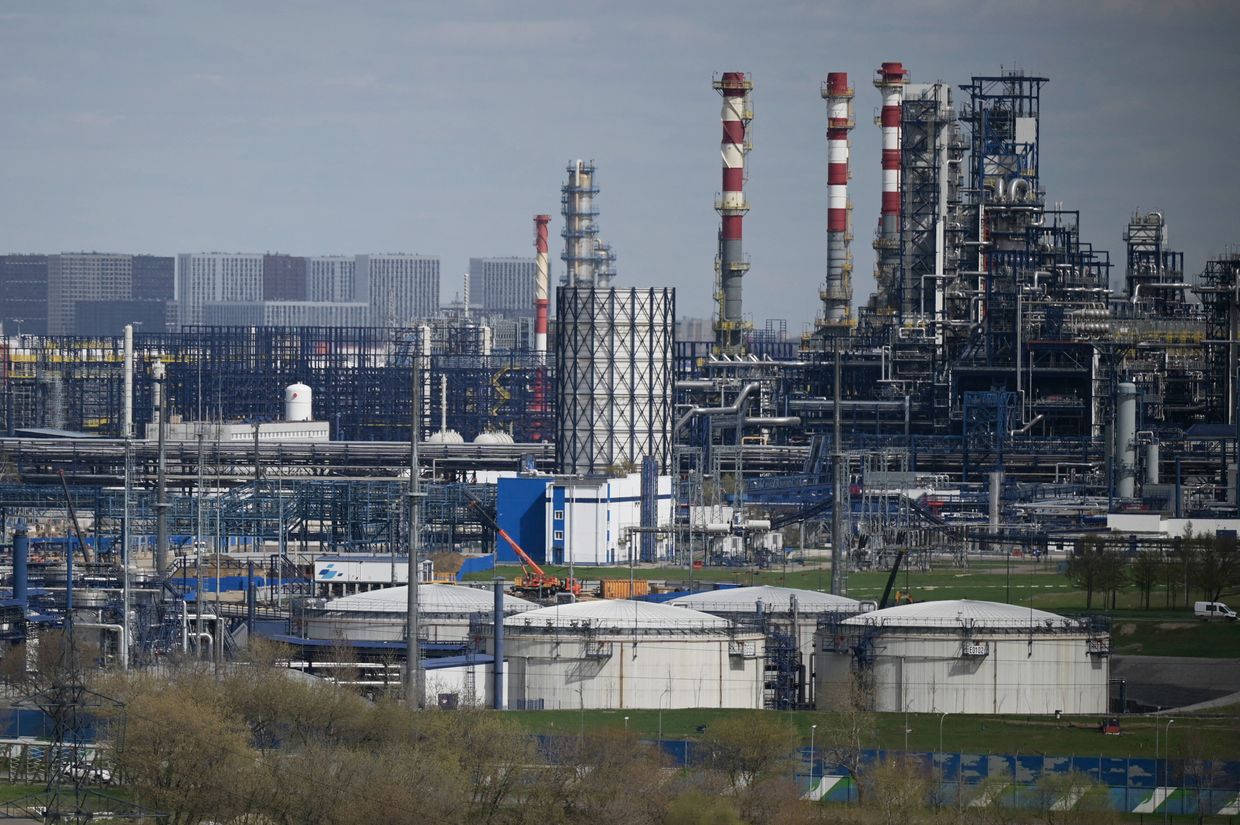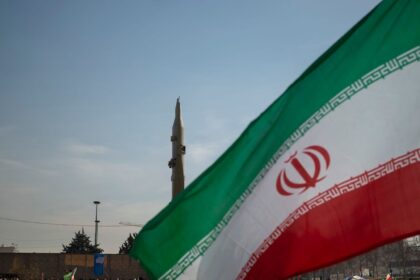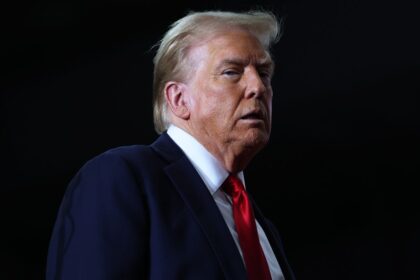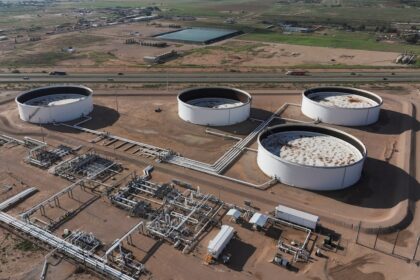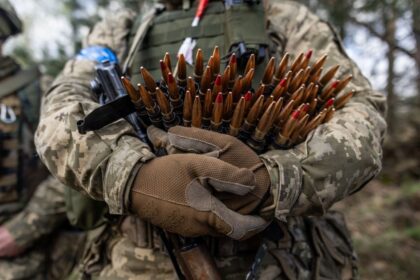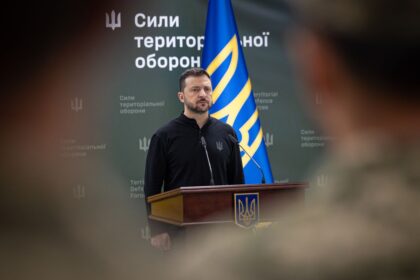**EU Delays Plan to End Russian Energy Imports**
The European Commission has pushed back the release of its plan to phase out Russian fossil fuel imports until May 6. The move comes amid growing uncertainty over US President Donald Trump’s new tariff policies, which could affect energy trade and strain transatlantic negotiations.
In 2022, the EU committed to ending Russian fossil fuel imports by 2027 in response to Moscow’s full-scale invasion of Ukraine. Despite cutting pipeline gas deliveries from Russia, the bloc still relies on Russian liquefied natural gas (LNG), which made up 19% of total EU gas and LNG supplies in 2024.
However, not all EU member states are on board with ending Russian energy imports. Hungary has vowed to veto any additional sanctions on Russian energy, which require unanimous approval by all 27 EU member states. Other governments have expressed reservations about banning Russian LNG before securing stable alternatives.
The full halt of Russian pipeline gas deliveries to the EU followed Ukraine’s decision not to renew its transit agreement with Russian energy giant Gazprom past December 31, 2024 – effectively cutting off a major route into Europe. The US initially stepped in to supply LNG to Europe after the war began, but rising transatlantic tensions have prompted EU member states to seek broader diversification.
**Commentary**
The delayed release of the EU’s plan to phase out Russian energy imports highlights the complexities and challenges involved in reducing reliance on Russian fossil fuels. The issue is further complicated by internal EU divisions and energy supply concerns.
While the EU has committed to ending Russian fossil fuel imports, the bloc still relies heavily on Russian LNG. Hungary’s vow to veto any additional sanctions on Russian energy underscores the need for a more unified approach among EU member states.
The US initially stepped in to supply LNG to Europe after the war began, but rising transatlantic tensions have prompted EU member states to seek broader diversification. This shift highlights the EU’s growing awareness of its own energy security needs and the importance of reducing reliance on external suppliers.
**Analysis**
The delayed release of the EU’s plan to phase out Russian energy imports is a reflection of the bloc’s cautious approach to addressing the complexities involved in reducing reliance on Russian fossil fuels. The issue requires careful consideration of internal EU divisions, energy supply concerns, and transatlantic negotiations.
As the EU seeks to reduce its reliance on Russian LNG, it will need to prioritize diversification and energy security. This may involve investing in alternative energy sources, such as renewable energy, and exploring new trade relationships with other countries.
Ultimately, the EU’s plan to phase out Russian energy imports is a critical step towards reducing its dependence on external suppliers and promoting greater energy security. However, it will require careful coordination among EU member states and a unified approach to achieving this goal.




